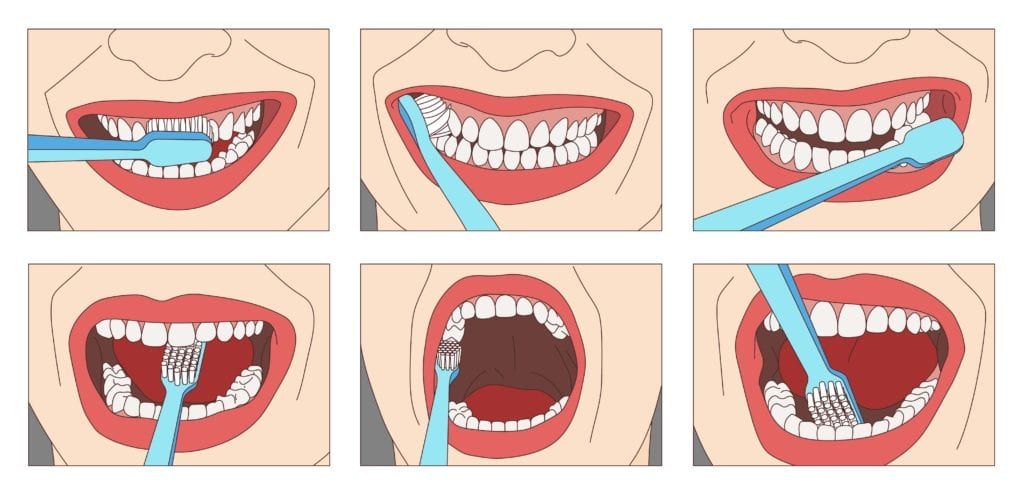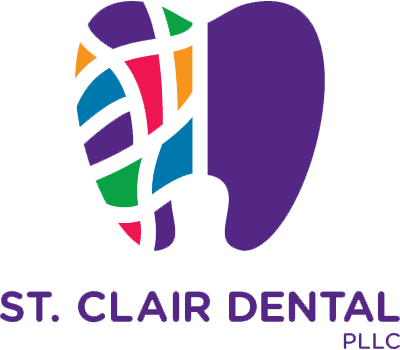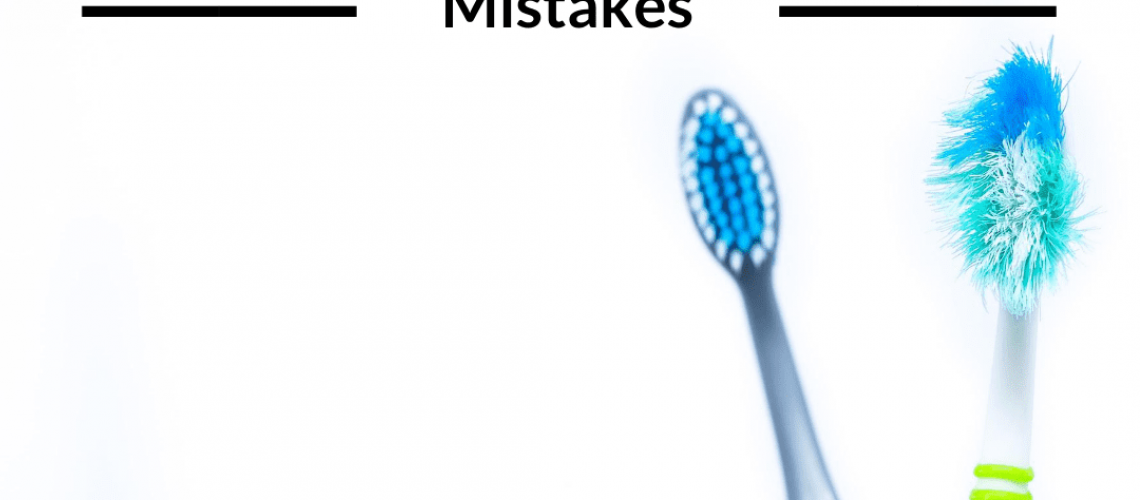Brushing your teeth is the foundation of good oral health and the American Dental Association advises that you brush your teeth twice a day to prevent tooth decay and gum disease. However, not only is it important to brush twice a day, but it is also necessary to brush your teeth correctly in order to make the most of your routine. While many people know the importance of brushing their teeth, many are unaware of the various mistakes one can make while brushing. Here are some of the most common tooth brushing mistakes that you should avoid:
Brushing Too Hard
Many people believe that the best way to get their teeth clean is to brush hard. Unfortunately, however, not only does this not make your teeth more clean, but it also damages your enamel and irritates the gums. Overtime, brushing too hard can lead to prematurely worn enamel, as well as receding gums.
Using the Wrong Motion
Another common mistake people often make while brushing their teeth is that they move their toothbrush in a back and forth motion parallel to the gum line. Instead, the correct way to brush your teeth is by starting at the gum line and moving your toothbrush up and down in tiny circles. This cleans the surface of your teeth without damaging the enamel or irritating your gums.

Choosing the Wrong Toothbrush
It is also important to make sure that you are using the correct toothbrush for the job. While there are many different types of brushes available, the American Dental Association recommends choosing a toothbrush with soft bristles and a handle long enough to reach the back of your mouth. If you are unsure, look for the ADA seal of approval.
Never Replacing Your Toothbrush
Even the most perfect toothbrush must be replaced at some point when it inevitably begins to wear out. Not replacing your toothbrush regularly means that it is less effective at removing plaque and likely contains excess bacteria. Therefore, to get the most benefits from your toothbrush, you should replace it every 3-4 months when the bristles get frayed, discolored, or bent, as well as after being sick.
Brushing Too Soon After Meals
Although it can be beneficial to brush your teeth after meals, brushing your teeth too soon after meals may cause more harm than good. This is because eating causes your mouth to become slightly more acidic. One its own acid is damaging to enamel, however this damage is amplified when combined with the friction of brushing. To prevent damaging your enamel, it is advised to wait at least 15-20 minutes after meals before you brush your teeth. This allows your saliva to neutralize the acids.
Brushing Too Quickly
The ADA believes it takes at least two minutes to thoroughly brush your teeth, therefore you should always brush your teeth for two minutes. Unfortunately, many people tend to rush while brushing their teeth and may not always brush the full two minutes. In most cases, this usually means that there are certain places being missed, which can increase the risk of tooth decay in these areas. Setting a timer is a good way to make sure that you are brushing for the correct amount of time to thoroughly clean your teeth.

Maureen Karl, DDS, FAGD graduated in 2004, obtaining her DDS degree from the University of Buffalo School of Dental Medicine. She completed a general dentistry Residency at the Castle Point VA. This residency provided her with continued training in general dentistry including extractions, crowns, root canals, and the treatment of periodontal disease. Dr. Karl is a member of the Fort Worth District Dental Society, Academy of General Dentistry, and the American Dental Association. She is committed to furthering her education to better serve her patients.

